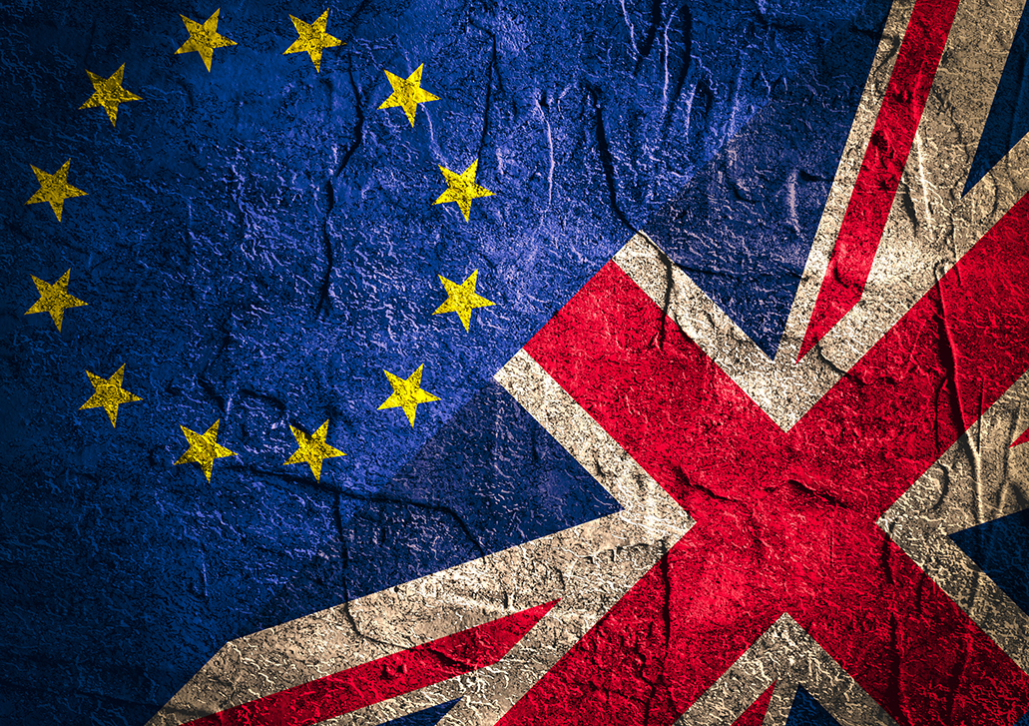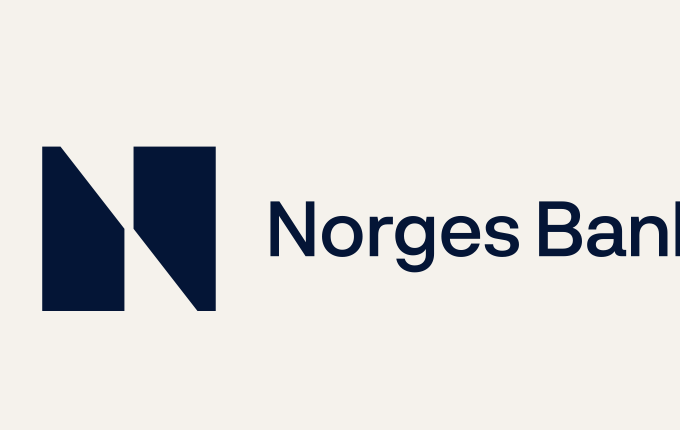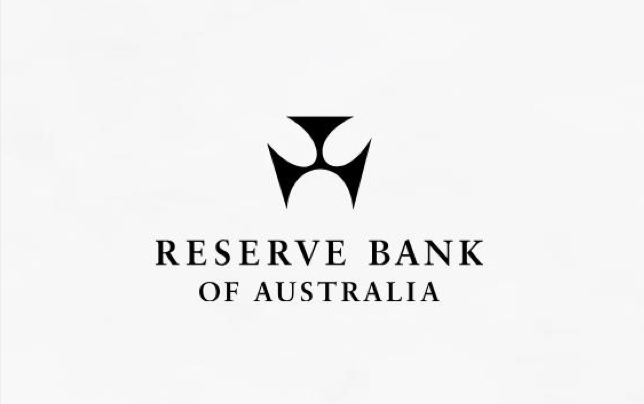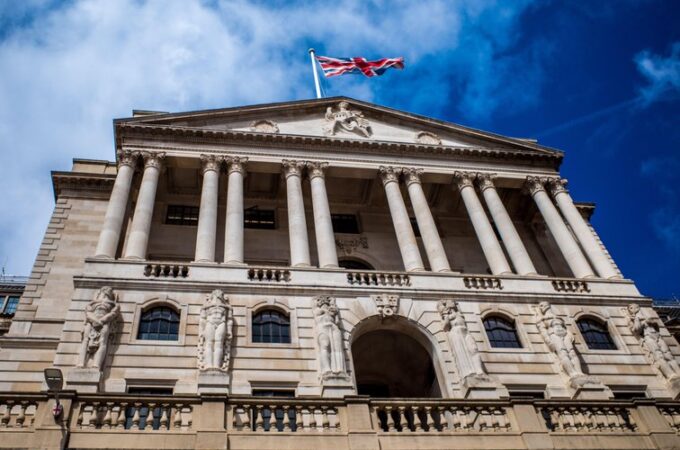
Exclusive TechCrunch survey reveals startups and investors are divided over Brexit
By Mike Butcher for TC
On Thursday 23 June 2016 the world changed. On that day a referendum was held to decide whether the UK should Leave or Remain in the European Union. Leave won by 52% to 48%. The referendum turnout was 71.8%, with more than 30 million people voting (though not 100% of the electorate). The campaigns on both sides had issues in terms of what they promised, to put it mildly. But on the issue of the impact of ‘Brexit’ on business, no-one really could claim to have ‘called it’.
That’s why TechCrunch has put together a survey, which we sent out to investors and startups, to gauge their sentiment about Brexit.
The impetus for the survey was to get information that would shape the discussion atTechCrunch Disrupt in London (December 5-6). The survey size is small, but highly influential. We asked 300 people in total, and 70 replied — but the people surveyed each represented some of the biggest investors and startups in Europe.
The immediate effect has been a devaluation in the UK currency. Many have leapt upon the idea that the weakened Pound has had a big effect on startups. On the one hand, for investors, it’s generally made UK startups ‘more affordable’. A cheaper Pound technically means lower costs; it’s easier to raise money abroad; and easier to sell your startup.
But on the other, startups have found themselves paying much higher fees to external services like hosting on Amazon S3. And a cheaper Pound means less buying power for Brits. Indeed, this week the Pound fell back to near Brexit lows.
Ultimately, the opinion is as divided over the effects of Brexit as the vote itself was in the Referendum. The split is fairly equal in terms of the positives and negatives, indicating that, once again, no-one really knows what ‘Brexit means Brexit’ actually means, or knows what the real effects will ultimately be.
One thing is for sure, almost every major European city ranked above London in terms of a positive future. As a result of the Brexit vote, London may well lose its status as the startup capital of Europe.
STARTUPS/FOUNDER INSIGHTS
Respondents amongst startups were primarily based in London (100%).
Over the next 1-2 years, the outlook from startup founders in the following cities is (ranked in order of ‘positivity’):
Amsterdam +6.5
Tel Aviv +5.8
Stockholm +5.3
Berlin +4.7
NYC +4.5
Helsinki +4.3
Paris +3.6
London -4.8
Overall startup founders are quite pessimistic about the startup climate in London but feel that the status quo will remain stable or improve significantly in other markets. They see Amsterdam and Tel Aviv as cities that are on the rise.
Similar to investors, human resources (recruitment, visa/travel) are some of the primary concerns that Brexit brings along with concerns about the financial impact (weaker GBP and ability to raise funds).
They remain quite pessimistic as almost 45% do not see any advantages in the shadow of Brexit. But almost as many say there is a silver lining with the weaker GBP and the possibility of tax incentives and cheaper real estate that might arise.
Select Startup Founder quotes:
• “We need, ASAP, a confirmation from the UK government that EU nationals which are currently working/living in the UK will be able to remain here after the Brexit becomes effective.”
• “I’ve heard a theory that the UK could become a safe haven in the years to come as a result of the aftermath of Trump being elected in the US, and Germany and France having to cover the money they will no longer get from the UK in the EU. The EU is now in deep shit if other countries leave. Germany can’t pay for everything. So being in the UK with a Right wing government who will do whatever it can to attract investment post-Brexit with a currency that’s not $ or € might not be such a bad thing. I voted to Remain because I’m not a fascist but business-wise I’m more confident than I expected to be.”
• “I’m sad it has occurred, but if we can protect financial services and keep visa friction down, it could actually play to our advantage; The main issue is that there is no legal or societal system not to mention unifying language in Europe that is as compelling; I’m positive that Sadiq Khan [Mayor of London] and May [Theresa May, Prime Minister] will keep making London a great place to live and it may or may not be cheaper.”
INVESTOR INSIGHTS
Respondents were primarily based in London (75%), then Paris (11%), New York (7%), Berlin (5%), Tel Aviv (2%)
Over the next 1-2 years, the startup outlook from investors in the following cities, ranked in order of ‘positivity’ is:
Berlin +7.1
Paris +3.0
Stockholm +2.7
Amsterdam +2.6
NYC +2.2
Tel Aviv +2.2
Helsinki +1.0
London -1.6
Overall most investors have confidence that the status quo will remain in most other markets, but see Berlin as an area on the rise. Interestingly, investors aren’t bullish on London but they are more optimistic than the startups are for London.
Top challenges that are faced in the UK startup scene center around concerns about human resources – recruitment challenges, visa/travel restrictions, and rising social intolerance (to some degree). Also high on the list is a perceived decline in confidence in the UK market and Brexit’s effects on FinTech operations due to passporting restrictions for European banking licenses.
Surprisingly not many investors considered the weakened pound a challenge but rather as an advantage. Additionally, some anticipated advantages of Brexit include more foreign investment money from mainland the EU and the US, cheaper real estate and the potential for regulatory innovation. While there are still those who don’t think Brexit will bring any advantages, there are still many who see opportunities for investment and growth.
Selected Investor quotes:
• “Fundamentals for London are still strong, but uncertainty around immigration and visa issues is hugely damaging. Once the uncertainty is gone, London is likely to recover quickly.”
• “While the GBP might be weaker so you might get more foreign investment (as they get more for their money if valuations stay the same); then there might be lower confidence in the UK and other disadvantages. So this might net out and hence make little difference overall on raising foreign capital.”
• “Dublin stands to gain the most of any city in Europe. Already a European centre for tech companies, since Brexit it has received the most US VC investment into startups. Will be the only English-speaking country in the EU, and the only country left in the EU with an Anglo-based legal system. Many large and small fintech companies based in the UK are heavily looking at moving there and I already know some who are moving substantial operations there. Brexit will make a boomtown out of Dublin.”
• “The most important issue is that we still have no idea what Brexit means or when it will happen. Two years of negotiations starting early next year. Until the outcome is clear one can’t predict the effect on the economy or on the startup scene.”
First appeared at TC




